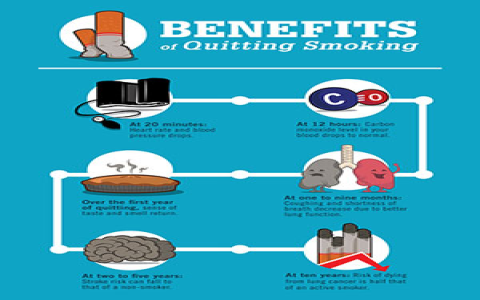The question of whether electronic cigarettes (e-cigarettes) are “good for you” is complex. While they are generally considered significantly less harmful than continuing to smoke traditional cigarettes, they are not safe or “good for you” in absolute terms. The focus often centers on their role in quitting smoking.
E-Cigarettes vs. Smoking: The Relative Risk
Burning tobacco produces thousands of harmful chemicals, many carcinogenic. E-cigarettes heat a liquid (e-liquid) to create an aerosol, avoiding combustion. Public Health England states vaping is at least 95% less harmful than smoking. This makes switching potentially beneficial for established smokers unable or unwilling to quit nicotine otherwise.

The Surprising Truth About Quitting Smoking with Vaping
- Potential as a Quitting Aid: Evidence, particularly from the UK, suggests e-cigarettes can be more effective than nicotine replacement therapy (NRT) like patches or gum for some smokers. They provide nicotine while mimicking the hand-to-mouth action.
- Not Risk-Free: The “surprise” for many is that vaping is not harmless. E-liquids contain potentially harmful chemicals like ultrafine particles, flavorings linked to lung disease (e.g., diacetyl), heavy metals, and organic compounds. Long-term health effects are still unknown.
- Dual Use is Common & Problematic: Many users become dual users (both smoking and vaping), negating most health benefits. Successful quitting requires completely switching from cigarettes to vaping and ideally eventually quitting vaping too.
- Not for Non-Smokers or Youth: E-cigarettes are absolutely not recommended for non-smokers, especially youth. Nicotine is highly addictive and harms adolescent brain development.
- Gateway vs. Off-Ramp: The concern is they may act as a gateway to smoking for youth, while for adult smokers, they primarily function as an off-ramp. Evidence supports the latter for existing smokers.
- Nicotine Dependency Persists: While avoiding tar and many carcinogens is a major plus, switching to vaping still means maintaining a nicotine addiction. True freedom involves quitting nicotine entirely.
Key Takeaways for Smokers
The best option for health is quitting all tobacco and nicotine products. If quitting without help is difficult:
- First, try approved methods: Discuss FDA-approved quit-smoking medications and behavioral counseling with a healthcare provider.
- If other methods fail, consider vaping as a transition: For established smokers unable to quit otherwise, completely switching to vaping is less harmful than continued smoking. Use regulated products.
- Have a quit plan: View vaping as a step towards being nicotine-free, not a permanent solution. Set a clear plan to gradually reduce nicotine levels and ultimately quit vaping.
In conclusion, e-cigarettes are not “good for you,” but they can be a less harmful alternative for existing adult smokers aiming to quit traditional cigarettes. The “surprising truth” is they are a potentially useful tool, yet far from a safe destination; cessation, not substitution, is the ultimate health goal.









